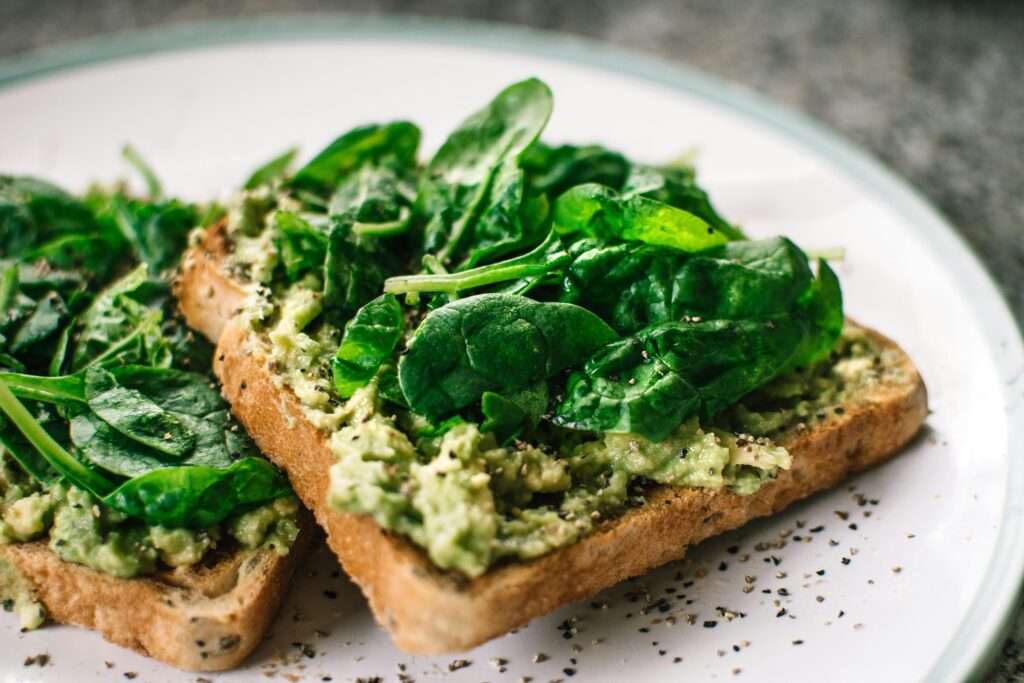The significance of a healthy diet extends beyond mere physical appearance. Research increasingly demonstrates the profound connection between the food we consume and our mental and physical well-being. This article explores the ways in which adopting a nutritious diet can improve both mental and physical health, and delves into the benefits and drawbacks of popular diets.
The Link Between Healthy diet and Mental Health:
- Nutrient-Rich Foods and Brain Function:
Consuming nutrient-dense foods, rich in vitamins, minerals, and antioxidants, provides the brain with the necessary building blocks for optimal functioning. Omega-3 fatty acids, found in fish, flaxseeds, and walnuts, are particularly beneficial for cognitive function. - Balancing Blood Sugar Levels:
A diet focused on whole grains, lean proteins, and complex carbohydrates helps regulate blood sugar levels. This stability is crucial for maintaining consistent energy levels and preventing mood swings often associated with blood sugar fluctuations. - Gut-Brain Connection:
The gut microbiome plays a pivotal role in mental health. A diet abundant in fiber, found in fruits, vegetables, and whole grains, promotes a diverse and healthy gut microbiota, positively influencing mood and cognitive function.
The Impact of the diet on Physical Health:
- Weight Management:
A balanced and nutritious diet contributes to weight management, reducing the risk of obesity-related illnesses such as heart disease, diabetes, and hypertension. - Immune System Support:
Nutrient-rich foods, particularly those high in vitamins C and E, zinc, and antioxidants, bolster the immune system, aiding the body in defending against infections and illnesses. - Heart Health:
Diets low in saturated fats and high in fruits, vegetables, and lean proteins contribute to heart health by lowering cholesterol levels and reducing the risk of cardiovascular diseases.
Popular Diets and Their Impact:
- Mediterranean Diet:
Benefits: Rich in fruits, vegetables, olive oil, and fish, the Mediterranean diet is associated with a lower risk of heart disease, improved cognitive function, and better weight management.
Drawbacks: It may be challenging for some individuals to adapt to the shift from processed foods to a predominantly plant-based diet. - Vegetarian and Vegan Diets:
Benefits: Plant-based diets are linked to lower risks of heart disease, certain cancers, and type 2 diabetes. They often contribute to weight management and improved digestion.
Drawbacks: Deficiency in certain nutrients like vitamin B12, iron, and omega-3 fatty acids may be a concern, requiring careful planning and supplementation. - Ketogenic Diet:
Benefits: Known for weight loss, the ketogenic diet may also improve blood sugar control and increase energy levels.
Drawbacks: High-fat content can strain the liver and kidneys, and the elimination of certain food groups may lead to nutrient deficiencies.
Cultivating Resilience Through Nutrition:
Embracing a diet rich in fruits, vegetables, lean proteins, and whole grains is not just a choice; it’s an investment in overall well-being. The profound impact of healthy eating on mental and physical health is evident in its ability to enhance cognitive function, support emotional well-being, and reduce the risk of chronic diseases.
As we navigate the complexities of modern life, prioritizing a nutritious diet becomes a cornerstone of preventive healthcare. By understanding the benefits and drawbacks of various diets, individuals can make informed choices that align with their unique needs and preferences. A well-nourished body and mind not only improve immediate health but also fortify resilience against future health challenges.
In the quest for vitality and longevity, let us recognize that the path to robust health is paved with the choices we make every day. By embracing a diet that nourishes both body and mind, we not only enhance our current well-being but also fortify our defenses against the unforeseen, making the likelihood of falling victim to illness a fraction of what it could be.


